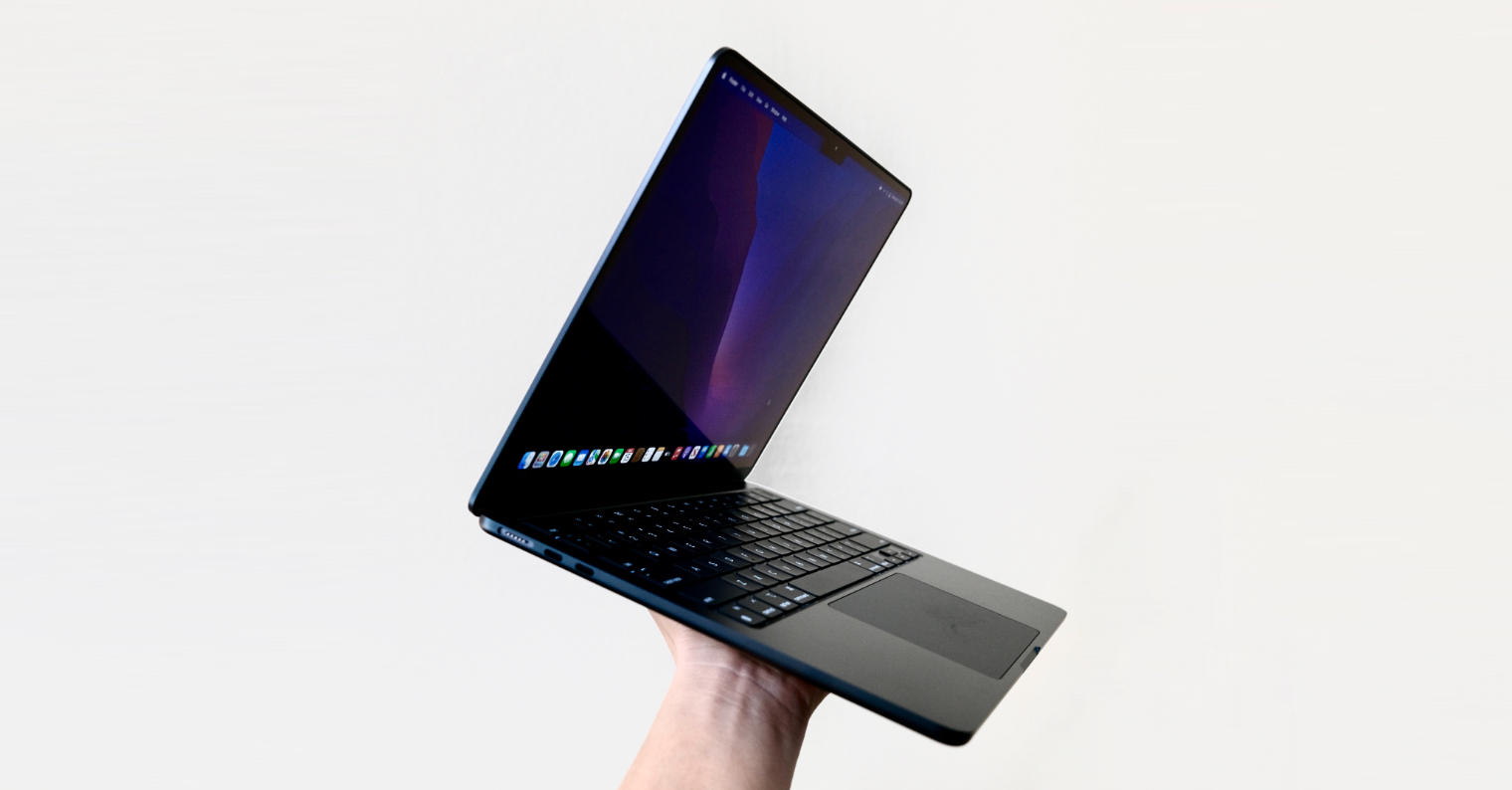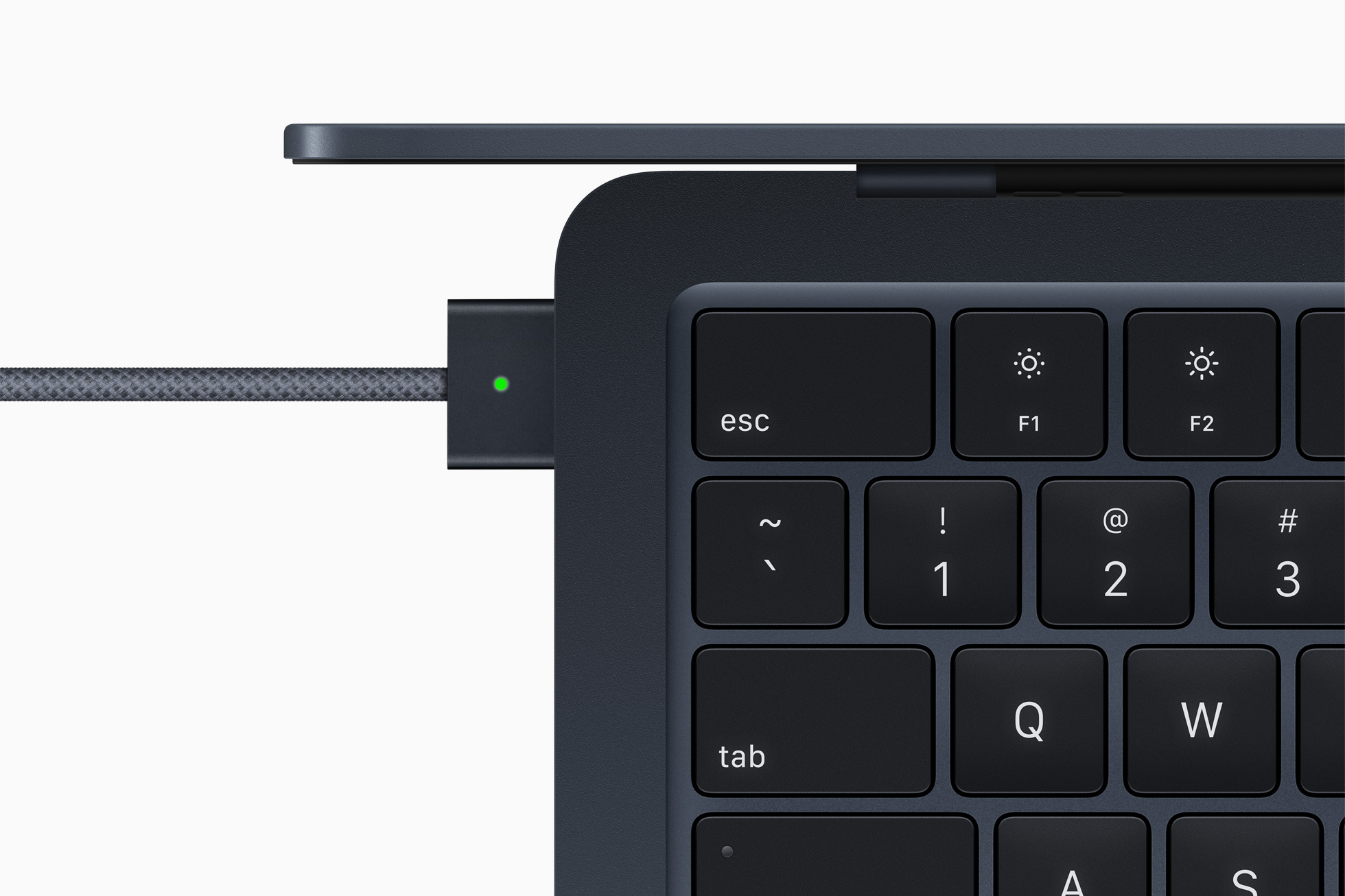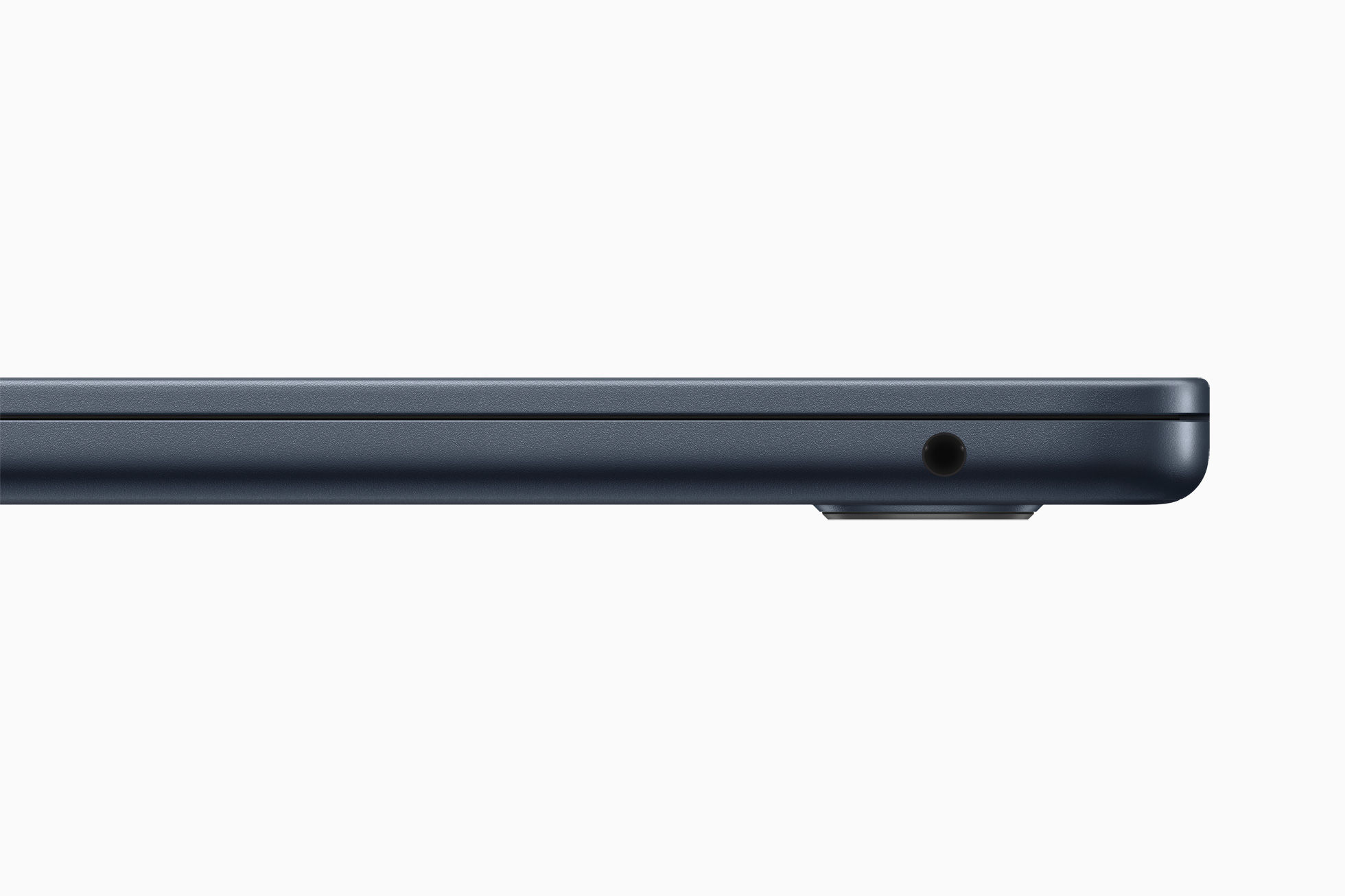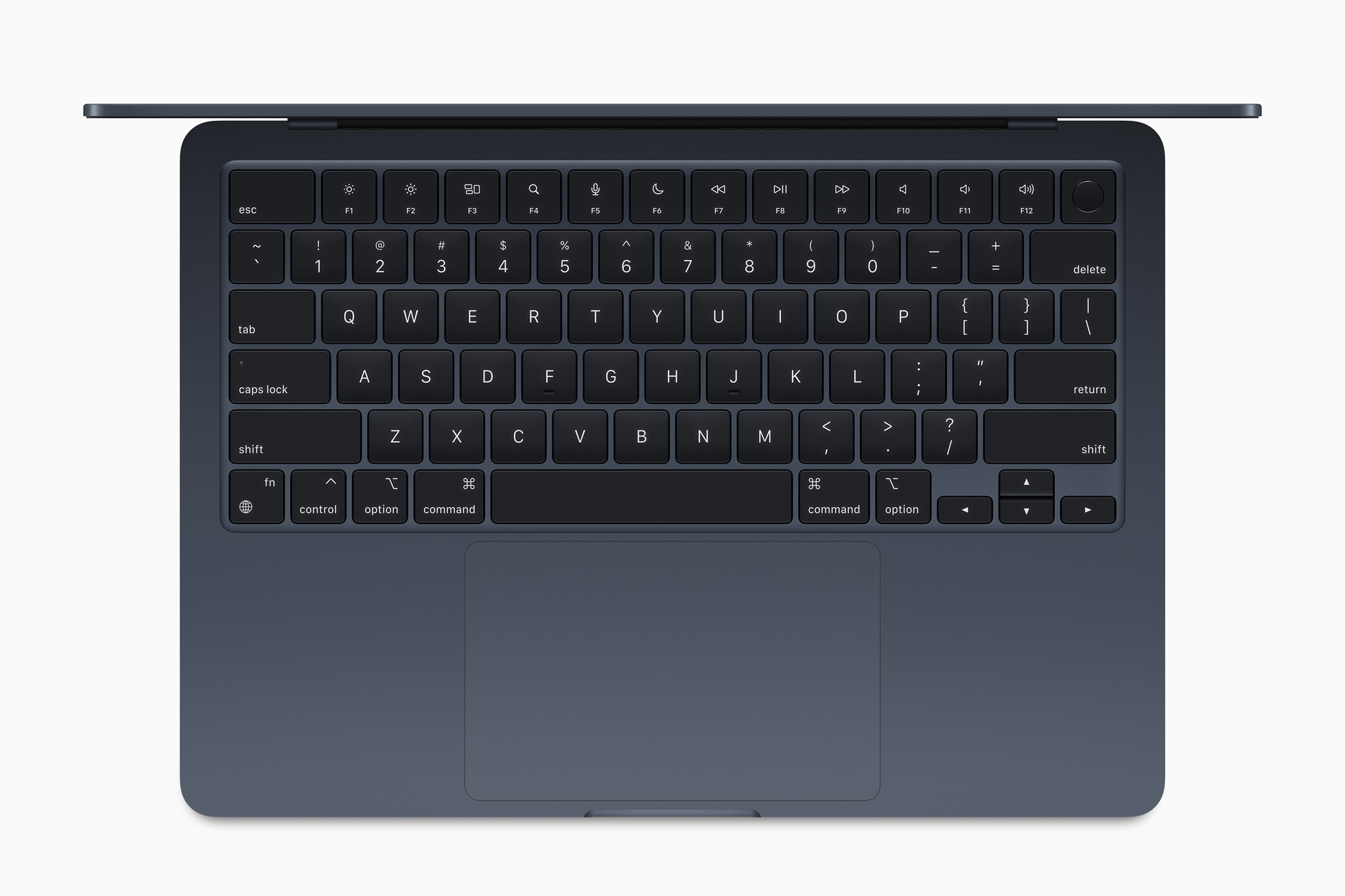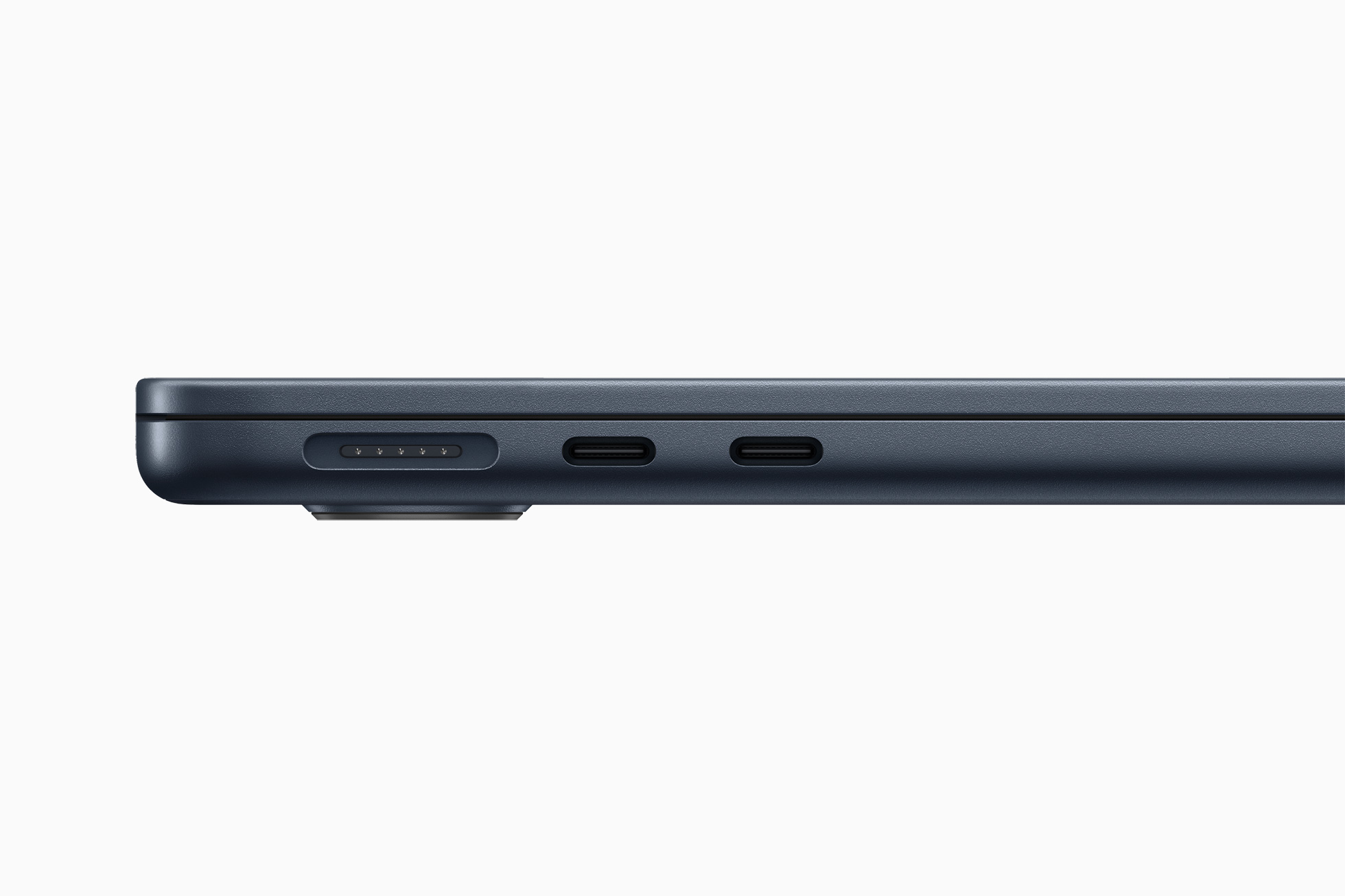With the transition of Macs to Apple Silicon, Apple computers received a significant amount of attention. Apple buyers were literally delighted with the performance and overall capabilities, which was also reflected in great sales. At the same time, the Cupertino company hit a great time. The world was plagued by the global pandemic of the disease Covid-19, due to which people needed high-quality equipment for working from home. And it was precisely in this that Macs with Apple Silicon clearly dominated, which are characterized not only by great performance, but also by energy efficiency.
It could be interest you
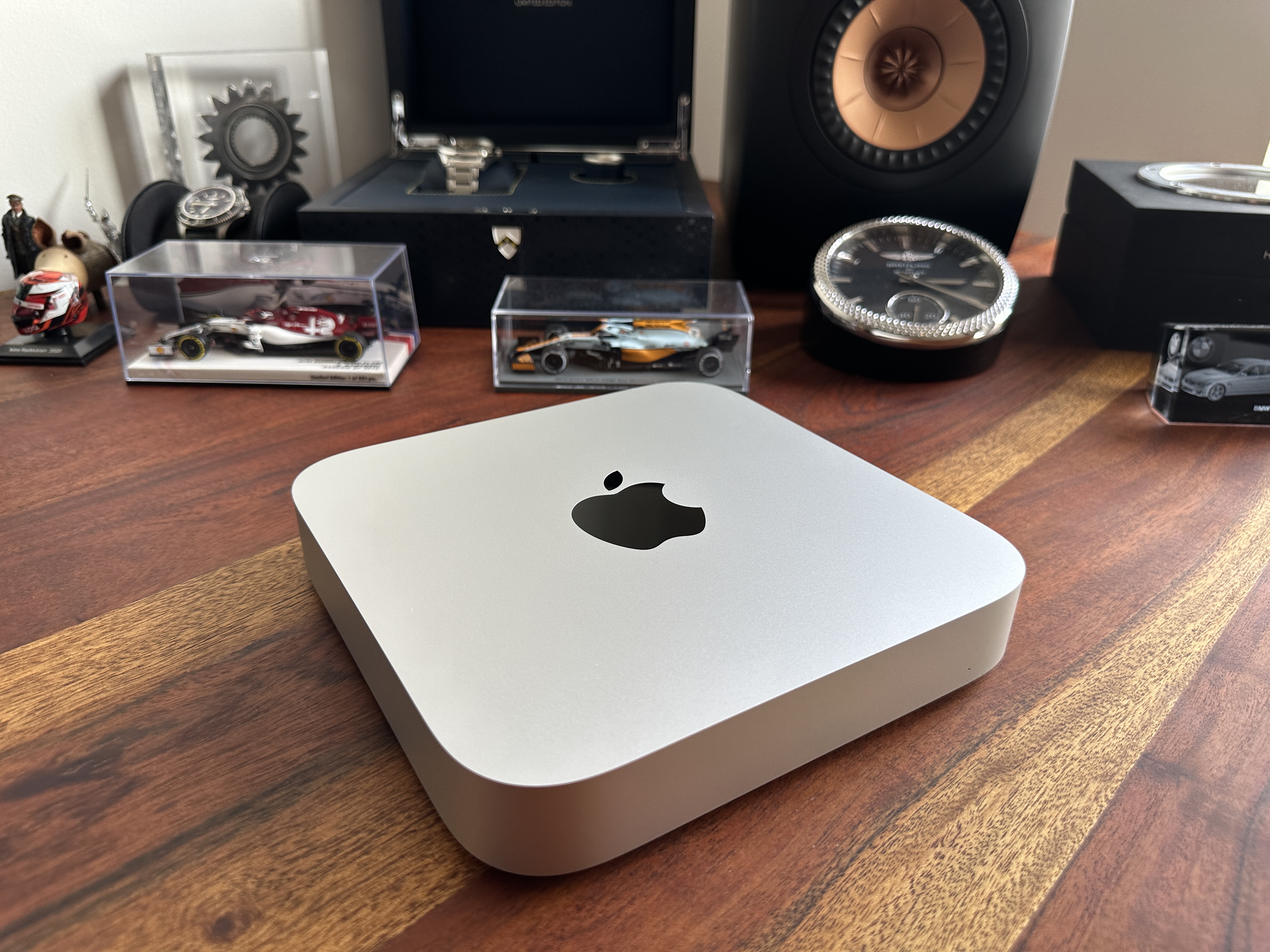
Now, however, the situation has quite turned around. The latest news shows that the numbers have dropped remarkably, even by 40%, which is even worse than some competing brands. One thing can be clearly deduced from this - Mac sales are simply falling. But salvation may literally be around the corner. There has been talk for a long time about the arrival of a new generation of Apple Silicon chipsets, which could once again noticeably wave in popularity.
M3 as an important step for Macs
As we hinted above, the new Macy-powered M3 series chipsets should be literally around the corner, and by all accounts we definitely have a lot to look forward to. But before we get to them, it is important to mention one extremely important piece of information. Over time, it became clear that the current M2 chips were most likely to look completely different. However, since the Cupertino company did not have time to go completely according to plan, it had to move the chipset and fill its place - this is how the M2 series came, which received a slight improvement, but the truth is that fans expected something more. The original concept of the M2 chip has therefore been pushed aside and, as it looks like, it will bear the designation M3 in the final.
This brings us to the most important point. Apparently, Apple is planning extensive improvements that could take the entire portfolio of Apple computers several steps forward. The fundamental change lies in the deployment of the 3nm production process, which can have a noticeable effect not only on performance, but also on overall efficiency. Current chipsets from the Apple Silicon family are built on the 5nm manufacturing process. This is precisely where the fundamental change should lie. A smaller production process means that significantly more transistors fit on the board, which subsequently affects the already mentioned performance and economy. Macs with the M2 were supposed to come with these fundamental advantages, but as we mentioned above, Apple had to move the original concept in the final.
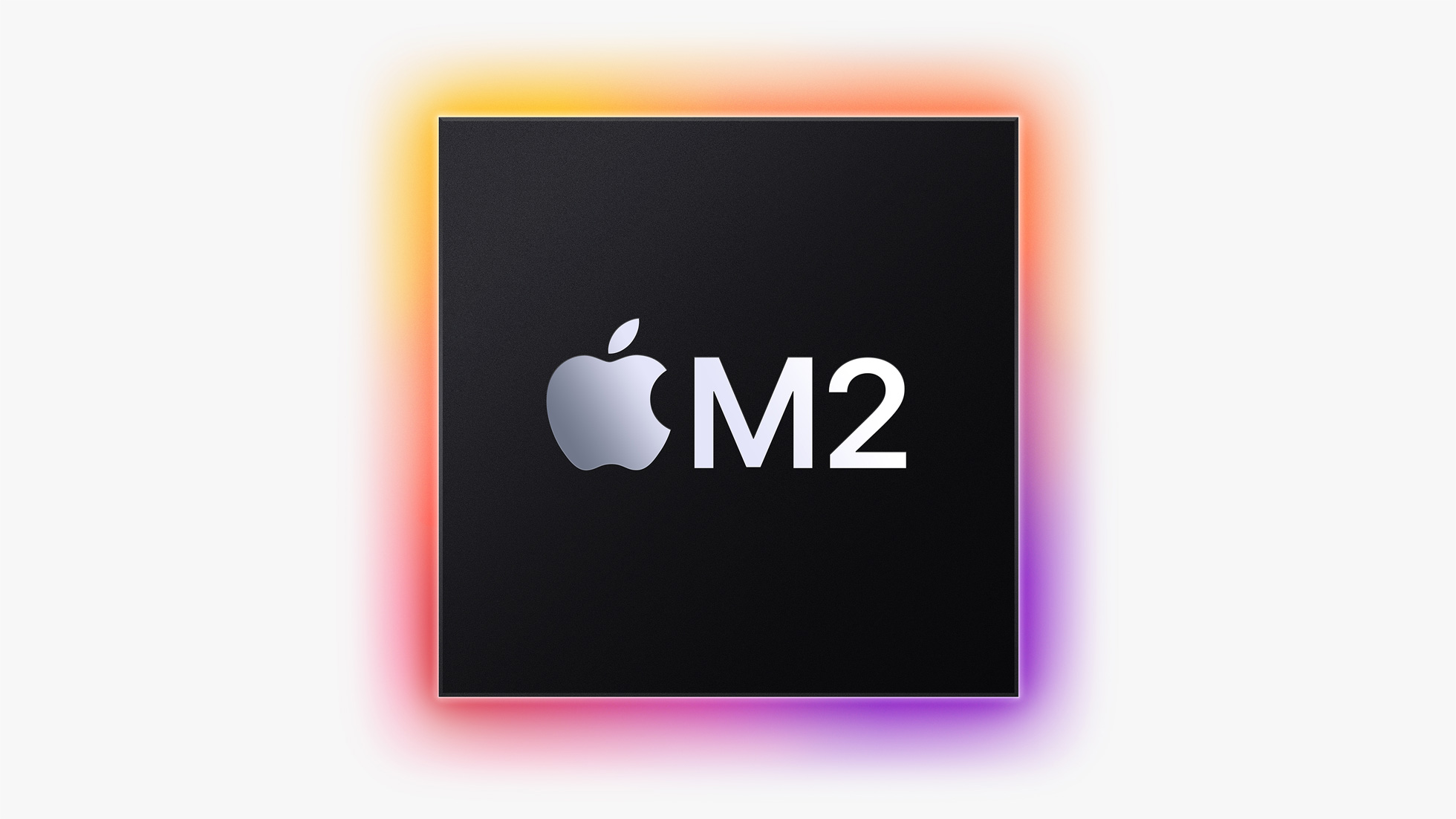
Slower SSD
The popularity of M2 Macs was also not helped much by the fact that Apple equips them with significantly slower SSD drives. As it quickly became clear, in terms of storage speed, the M1 Macs were up to twice as fast. The idea of a new model, which is somewhat weaker in this regard, is quite strange. So it will definitely be interesting to see how Apple approaches this for the upcoming generations – whether they go back to what the M1 models offered, or whether they continue the trend set with the arrival of the newer M2 Macs.
It could be interest you
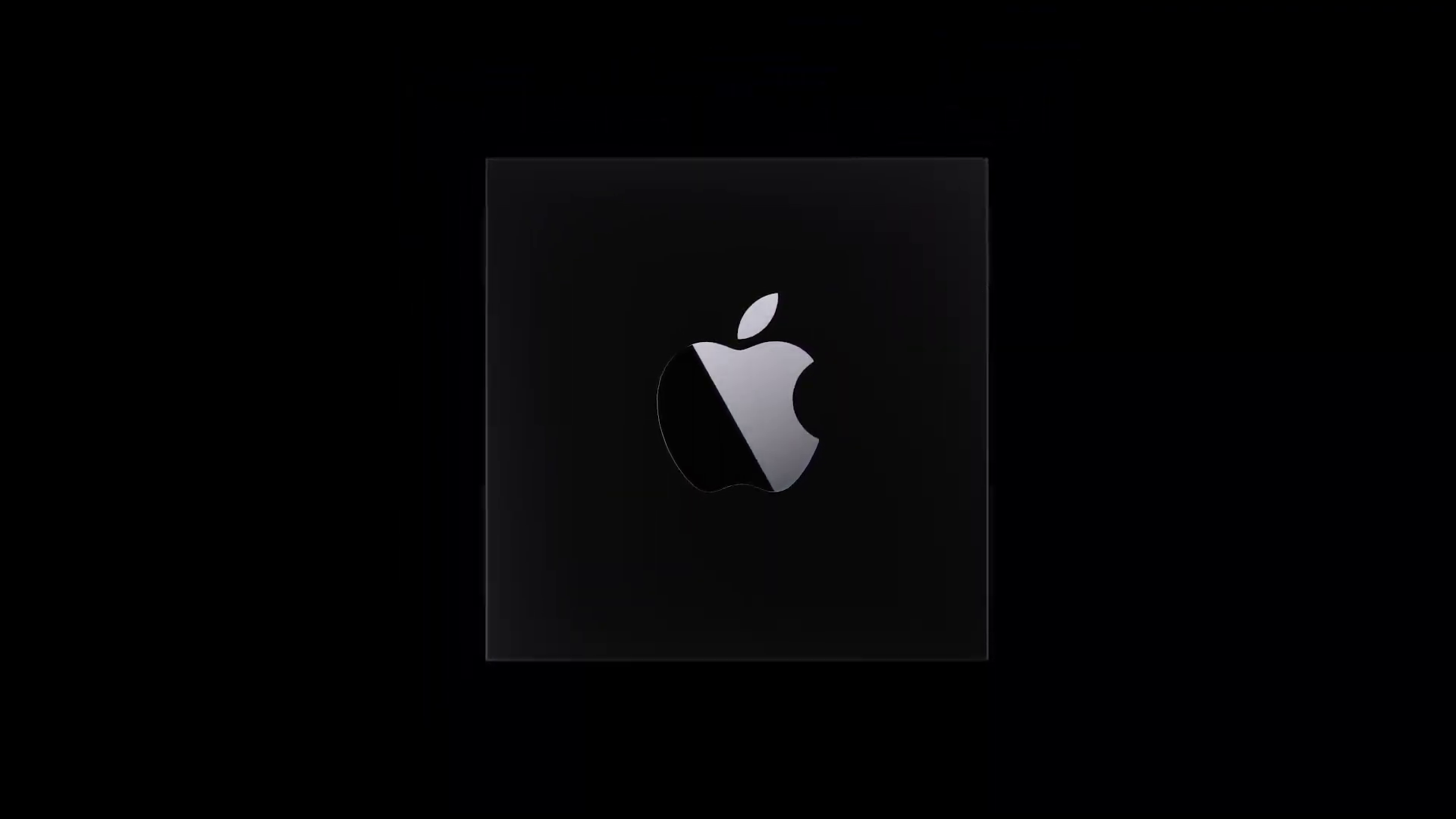
 Flying around the world with Apple
Flying around the world with Apple 